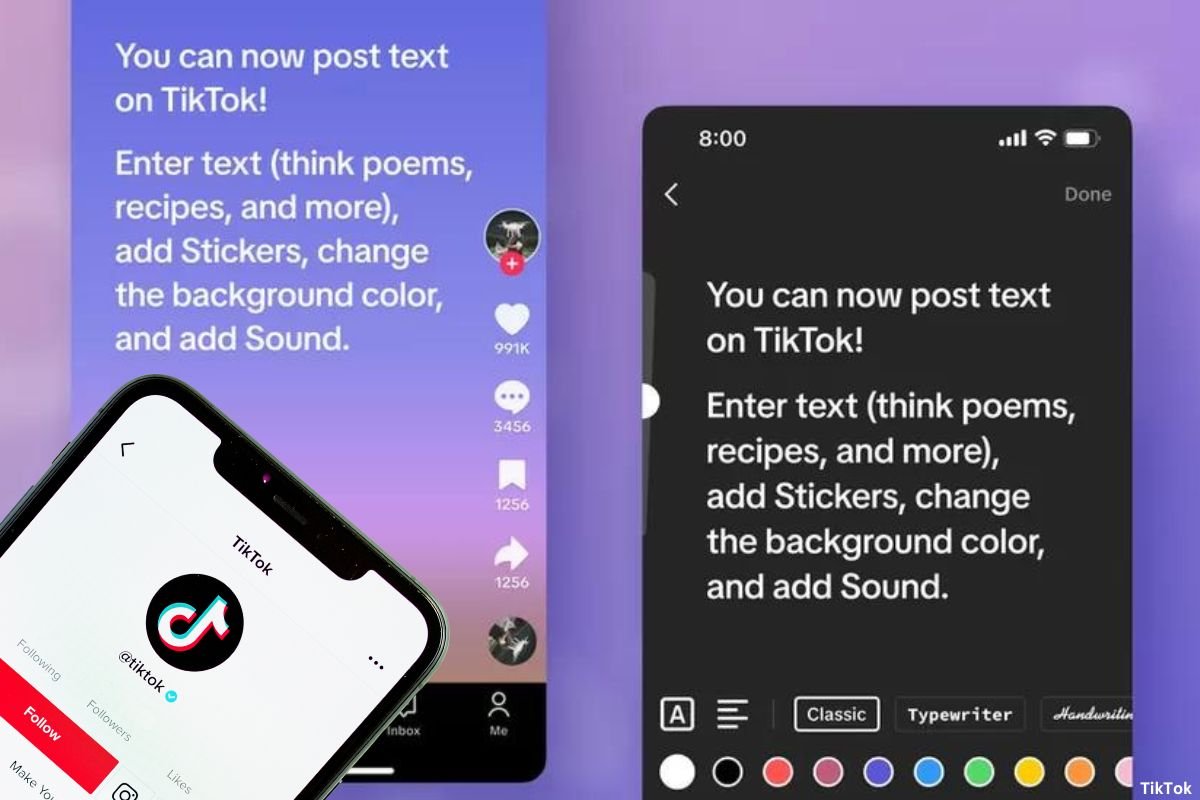TikTok is reportedly in the testing phase of a monthly subscription service that would eliminate ads on the popular video-sharing platform. While the exact location of the trial remains undisclosed, it is known that it is being conducted in an English-speaking market outside the United States. The subscription, currently priced at $4.99, aims to provide users with an ad-free experience.
Competitor Meta, the parent company of Facebook and Instagram, is also contemplating ad-free subscriptions in the European Union (EU) to navigate the region’s advertising regulations. TikTok currently serves personalized ads to users aged 18 and above.
The trial of TikTok’s subscription service is characterized as small-scale, with no guarantee of a global rollout. Several platforms, including YouTube and X (formerly Twitter), already offer ad-free or reduced-ad experiences for a monthly fee.
ByteDance, TikTok’s parent company, does not publicly disclose its financial results; however, it reportedly generated $85 billion in revenue in 2022. According to research firm Insider Intelligence, TikTok earned $9.98 billion in advertising revenue last year.
Meta, in response to EU regulatory changes, is considering charging users in Europe who opt out of personalized ads on its platforms. The proposed fees would be approximately €10 per month for using Instagram or Facebook without personalized ads on desktop and €13 per month on mobile, as informed to EU regulators by Meta. A Meta spokesperson emphasized the company’s belief in the value of free services supported by personalized ads but stated they were exploring options to ensure compliance with evolving regulatory requirements.
This move follows a fine of €390 million imposed on Meta by the Irish Data Protection Commission in January for allegedly infringing data protection rules. In response to an EU ruling, Meta announced in August its intention to modify its terms and seek user consent for displaying ads based on personal data.
Brooke Erin Duffy, an associate professor at Cornell University’s department of communication, suggested that younger social media users, accustomed to free services, might resist paying for an ad-free experience. Maddie Hill, a 22-year-old influencer with a significant TikTok following, expressed that TikTok’s ads are generally less intrusive and do not significantly impact the user experience, particularly for younger users familiar with advertising on social platforms.







